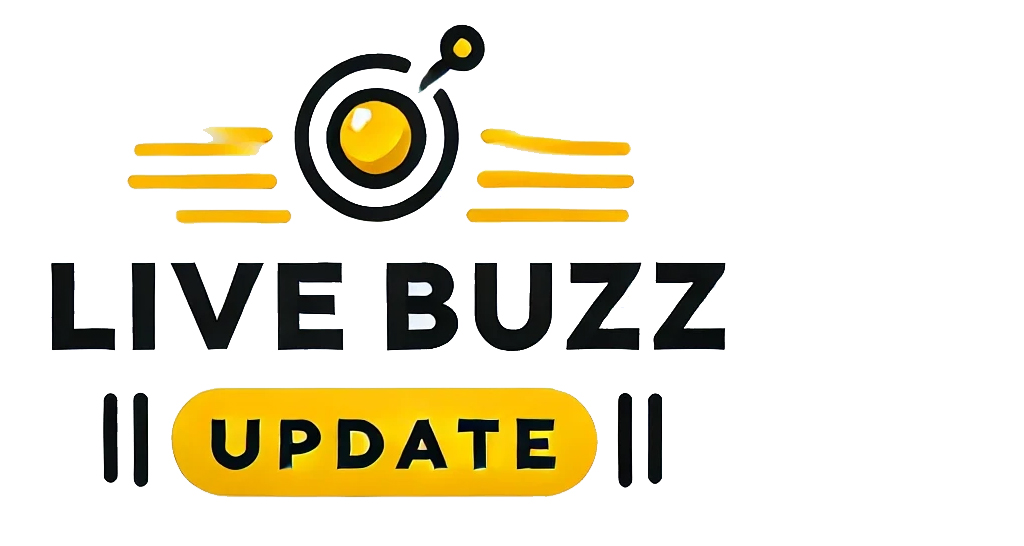Former U.S. President Donald Trump cautioned American automobile manufacturers not to hike their prices in the wake of recently imposed tariffs. He warned that any such move could hamper the competitive edge of the United States in the automobile market. Mr Trump expressed his concerns about pricing strategies in the light of new tariffs, sending an unmistakable signal that he expects automakers to absorb the additional costs rather than pass them on to consumers.
Imposing tariffs was part of Trump’s strategy to counter what he perceived as unfair international trade practices. However, critics challenged his approach, arguing that these tariffs could cause a domino effect, potentially pushing up the prices of various goods and services in the U.S.
Despite his stance, the former president did not provide specific details on what repercussions automakers could face if they increased their prices. Not disclosing explicit penalties leaves room for speculation in the industry about the government’s next move under such circumstances.
While the broader impact of the tariffs is yet to be seen, the former president’s warning once again raises the perennial debate about the role of government intervention in free market economies. The tension between protectionism and free trade is thrown into stark relief in such scenarios, highlighting the complexity of making economic policy in a globalised world.
Last modified: March 28, 2025



